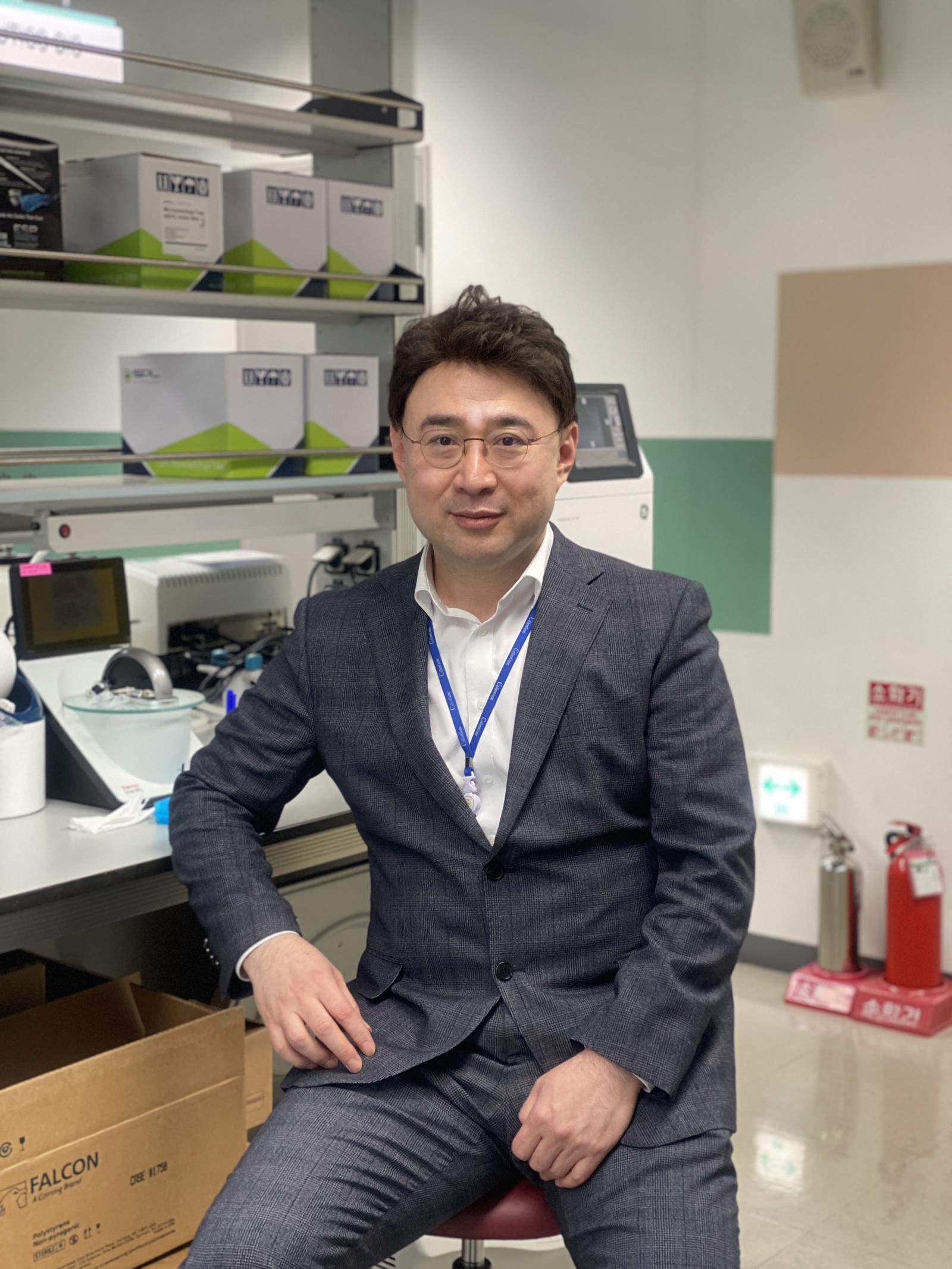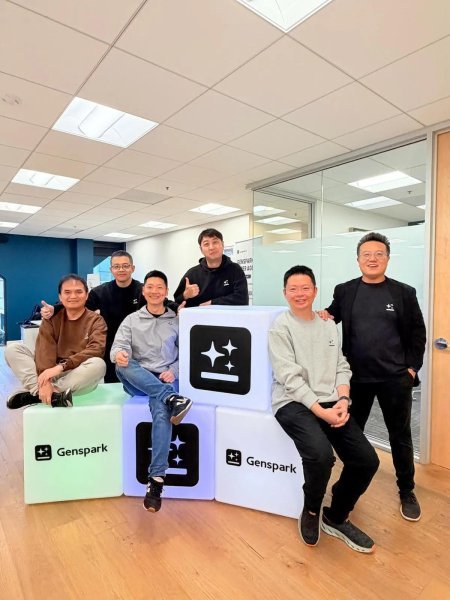
Medical / Research
Mini Antibody Inhibits Tumor Growth by 90%
Dong-A Ilbo |
Updated 2025.10.30
Co., Ltd. Cellenjin
CEO Ahn Jae-hyung
Amidst this, a domestic biotech venture is accelerating the development of CAR-T therapies for refractory solid tumors using its proprietary next-generation mini-antibody technology, drawing global attention.
Harvard-trained Scientist Ventures into Solutions for Refractory Cancer
CEO Ahn Jae-hyung, leading CellenGene Inc., completed his bachelor's to doctorate in biochemistry at Yonsei University, followed by roles as a lecturer at Harvard Medical School and a researcher at the Blood Research Center, building expertise in cell and gene therapies. With deep experience in both domestic and international biotech industries and research, he founded CellenGene in 2019, specializing in cell and gene therapies.
Ahn's decision to establish the company was clear-cut. Despite CAR-T technology showing high efficacy in hematologic cancers, there were hardly any success stories in solid tumors, which account for the majority of cancer deaths. He stated, “Refractory solid tumors like pancreatic and ovarian cancer lack effective treatments even with standard therapies available,” explaining his focus on developing therapies that provide substantial help to patients.
Currently, CellenGene is optimally positioned with excellent research teams and professional management in the gene and cell therapy sector, enabling simultaneous R&D and commercialization. The company has also successfully secured institutional and Series A investments, accelerating its research and development efforts.
Human-derived Mini-antibody ‘CG-34’ Shows Complete Remission Efficacy
CellenGene's core technology is a proprietary mini-antibody targeting the mesothelin antigen. Mesothelin is a cancer antigen highly expressed in solid tumors such as pancreatic cancer, ovarian cancer, and malignant mesothelioma. While several countries have attempted to develop solid tumor-targeting CAR-T therapies using the ‘SS1’ mini-antibody derived from the mesothelin antibody ‘SS1P’, no clinical success has been achieved yet.
CellenGene discovered 38 mini-antibodies that specifically recognize the extracellular exposure of the mesothelin membrane protein, successfully selecting ‘CG-34’ as the optimal mini-antibody in terms of safety and anticancer efficacy. Unlike the mouse-derived SS1 used by existing developers, CG-34 is a human antibody with a different epitope, not inducing immunogenicity. Notably, animal experiments comparing the efficacy of SS1 CAR-T and CG-34 CAR-T showed complete remission (CR) with CG-34, where all cancer symptoms and test results disappeared. A single intravenous administration demonstrated over 90% tumor growth inhibition in animal models of pancreatic cancer, ovarian cancer, and malignant mesothelioma.
The technological innovation did not stop there. In June this year, CellenGene registered a domestic patent for PD-1 target gene regulation using CRISPR gene-editing technology, further enhancing its capabilities in developing next-generation immune cell therapies. This technology is evaluated as an innovative platform that can overcome the limitations of existing antibody therapies by selectively removing the PD-1 gene, which cancer cells use to evade immune cell attacks.
Building a Global Patent Network… Targeting Northeast Asian Market
CellenGene has solidified its global intellectual property portfolio by registering a total of 15 patents, including four domestic ones. It has secured patents in major markets such as the United States, China, Japan, Canada, Europe, Australia, and Singapore. Notably, last year, it registered patents related to solid tumor therapies in three Northeast Asian countries—China, Japan, and Singapore—establishing a foothold for market entry in the region.
Another mini-antibody, ‘CG-3’, which binds to a different part of mesothelin, also showed over 90% tumor growth inhibition in ovarian cancer tumor animal models, enabling a pipeline diversification strategy to apply optimized CAR-T therapies according to cancer types.
CEO Ahn stated, “We plan to actively seek partners for clinical trials, technology exports, and production bases in Northeast Asia, using Korea as a hub,” adding, “Through future technology transfers and strategic alliances, we aim to present a new paradigm in the next-generation immune cell therapy market.” The challenge by CellenGene is anticipated to bring new hope to patients with refractory solid tumors.
An So-hee
AI-translated with ChatGPT. Provided as is; original Korean text prevails.
ⓒ dongA.com. All rights reserved. Reproduction, redistribution, or use for AI training prohibited.
Popular News












